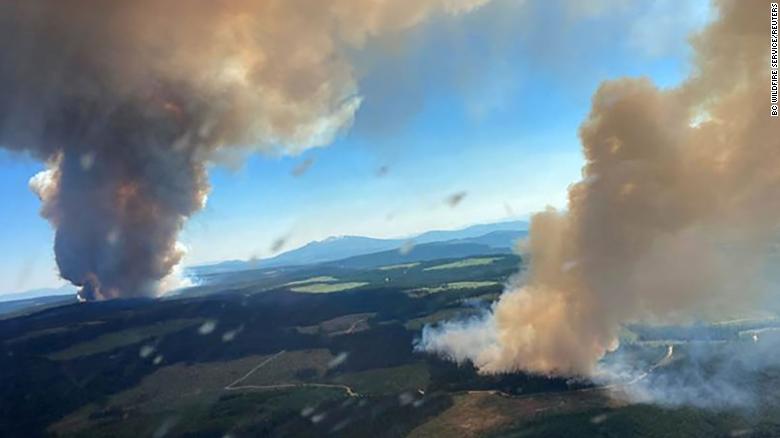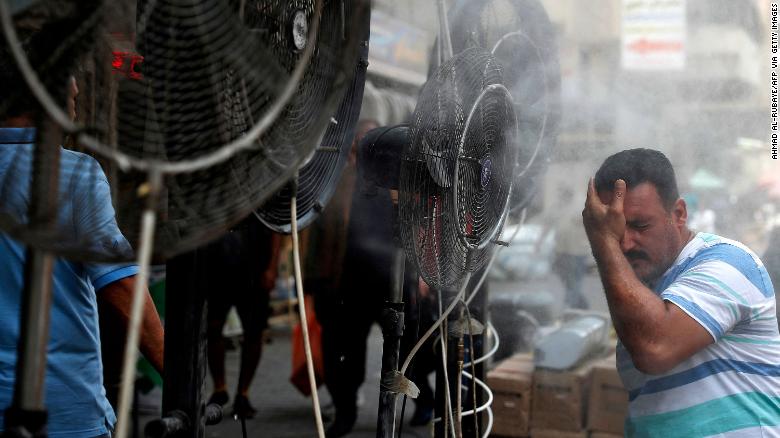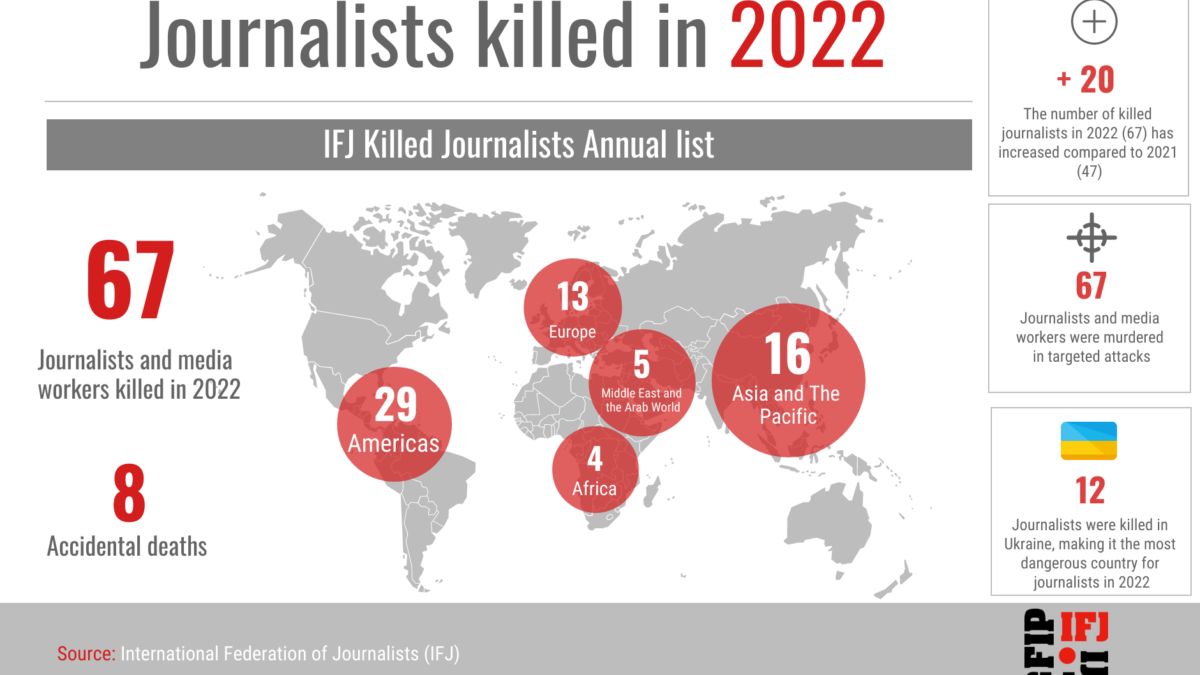Unprecedented heat, hundreds dead, and a town destroyed – Climate change is frying the Northern Hemisphere in 2021 – “This is literally the deadliest weather on record for the U.S. Pacific Northwest and far southwest Canada region”

By Angela Dewan
4 July 2021
(CNN) – The tiny town of Lytton has come to hold a grim record. On Tuesday, it experienced Canada’s highest-ever temperature, in an unprecedented heatwave that has over a week killed hundreds of people and triggered more than 240 wildfires across British Columbia, most of which are still burning.
Lytton hit 49.6 degrees Celsius (121.3 degrees Fahrenheit), astounding for the town of just 250 people nestled in the mountains, where June maximum temperatures are usually around 25 degrees. This past week, however, its nights have been hotter than its days usually are, in a region where air conditioning is rare and homes are designed to retain heat.
Now fires have turned much of Lytton to ash and forced its people, as well as hundreds around them, to flee.
Scientists have warned for decades that climate change will make heat waves more frequent and more intense. That is a reality now playing out in Canada, but also in many other parts of the northern hemisphere that are increasingly becoming uninhabitable.
Roads melted this week in America’s northwest, and residents in New York City were told not to use high-energy appliances, like washers and dryers — and painfully, even their air conditioners — for the sake of the power grid.

In Russia, Moscow reported its highest-ever June temperature of 34.8 degrees on June 23, and Siberian farmers are scrambling to save their crops from dying in an ongoing heatwave. Even in the Arctic Circle, temperatures soared into the 30s. The World Meteorological Organization is seeking to verify the highest-ever temperature north of the Arctic Circle since records there began, after a weather station in Siberia’s Verkhoyansk recorded a 38-degree day on June 20.
In India, tens of millions of people in the northwest were affected by heatwaves. The Indian Meteorological Department on Wednesday classified the capital, New Delhi, and cities in its surrounds as experiencing “severe extreme heat,” with temperatures staying consistently in the 40s, more than 7 degrees higher than usual, it said. The heat, along with a late monsoon, is also making life difficult for farmers in areas like the state of Rajasthan.
And in Iraq, authorities announced a public holiday across several provinces for Thursday, including the capital Baghdad, because it was simply too hot to work or study, after temperatures surpassed 50 degrees and its electricity system collapsed.
Experts who spoke with CNN said it was difficult to pinpoint exactly how linked these weather events are, but it’s unlikely a coincidence that heatwaves are hitting several parts of the northern hemisphere at the same time. […]
“We carried out a quick attribution study to get some fast answers to ‘What is the role of climate change?'” said UK Met Office meteorologist, Nikos Christidis, who has been developing simulations to carry out such analysis.”We found that without human influence, it would be almost impossible to hit a new record and such a hot June in the region,” he said, referring to an area including those affected in Canada and the US.

Christidis said in the past, without human-caused climate change, extreme heat in the Northwest US or Southwest Canada would have occurred “once every tens of thousands of years.” Presently, it can occur every 15 years or so, Christidis said.
And if greenhouse gas emissions continue? Christidis said as often as every year or two by the turn of the century. […]
“This is literally the deadliest weather on record for the US Pacific Northwest and far southwest Canada region. The losses and the despair as a result of the extreme heat and devastating fires in Canada are a reminder of what’s yet come as this climate crisis intensifies,” said Eddy Pérez, Climate Action Network Canada’s manager for international climate diplomacy.
“Canada is experiencing historic climate-induced losses and damages while at the same time not doing its fair share to combat dangerous climate change. As an oil and gas producer, Canada is still considering the expansion of fossil fuels which is directly attributed to the global temperature rise.” [more]


